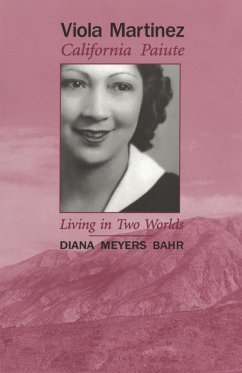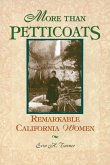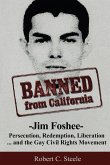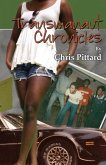The life story of Viola Martinez, an Owens Valley Paiute Indian of eastern California, extends over nine decades of the twentieth century. Viola experienced forced assimilation in an Indian boarding school, overcame racial stereotypes to pursue a college degree, and spent several years working at a Japanese American internment camp during World War II. Finding herself poised uncertainly between Indian and white worlds, Viola was determined to turn her marginalized existence into an opportunity for personal empowerment. In Viola Martinez, California Paiute, Diana Meyers Bahr recounts Viola's extraordinary life story and examines her strategies for dealing with acculturation. Bahr allows Viola to tell her story in her own words, beginning with her early years in Owens Valley, where she learned traditional lifeways, such as gathering piñons, from her aunt. In the summers, she traveled by horse and buggy into the High Sierras where her aunt traded with Basque sheepherders. Viola was sent to the Sherman Institute, a federal boarding school with a mandate to assimilate American Indians into U.S. mainstream culture. Punished for speaking Paiute at the boarding school, Viola and her cousin climbed fifty-foot palm trees to speak their native language secretly. Realizing that, despite her efforts, she was losing her language, Viola resolved not just to learn English but to master it. She earned a degree from Santa Barbara State College and pursued a career as social worker. During World War II, Viola worked as an employment counselor for Japanese American internees at the Manzanar War Relocation Authority camp. Later in life, she became a teacher and worked tirelessly as a founding member of the Los Angeles American Indian Education Commission. "Viola Martinez, California Paiute is important because only a few biographical studies exist about California Indian women. It is refreshing to read an account that covers so much of the twentieth century."--Steven Crum, author of Road on Which We Came: A History of the Western Shoshone "The strength of Bahr's book lies in the wonderful storytelling of Viola Martinez, who brings her experiences alive, demonstrating the universality of the human experience."--Margaret Connell Szasz, editor of Between Indian and White Worlds: The Cultural Broker Diana Meyers Bahr is Project Associate for the Oral History Program at the University of California, Los Angeles. She is the author of From Mission to Metropolis: Cupeño Indian Women in Los Angeles, also published by the University of Oklahoma.
Hinweis: Dieser Artikel kann nur an eine deutsche Lieferadresse ausgeliefert werden.
Hinweis: Dieser Artikel kann nur an eine deutsche Lieferadresse ausgeliefert werden.








